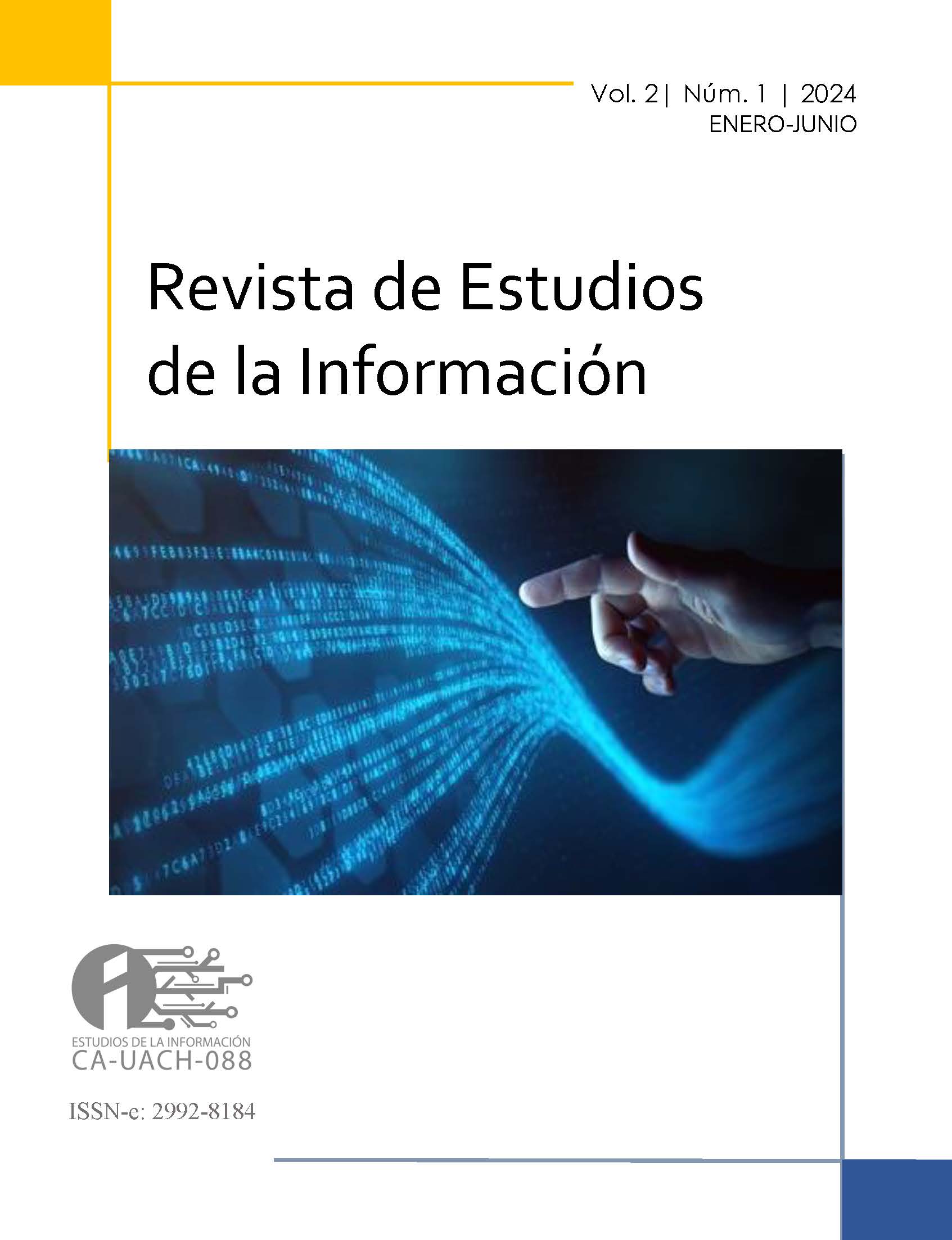What do evaluators gain if they conduct a peer review?
DOI:
https://doi.org/10.54167/rei.v2i1.1585Keywords:
scientific journals, scientific articles, peer review, evaluation, compensation, scientific publishing ecosystem, publication models, ethics, integrityAbstract
Starting from the question: What do evaluators gain if they conduct a peer review? This article begins by explaining the relevance of this process for scientific publishing, describing its importance and associated challenges, which allow establishing that this editorial process is in crisis for various reasons, mainly because of the level of specialization it requires, the conditions that a reviewer should ideally meet, and the lack of experts available and willing to carry out this work, which is usually voluntary. From this context, the answer to this question is presented under three sections related to the possible remuneration and compensation modalities that may exist for researchers who carry out such activity, which can represent some attractive rewards and encourage conducting reviews, but are not exempt from debates and controversies that must be carefully considered journal editors: 1) moral recognition and personal enrichment; 2) remuneration in kind; and 3) the strange case of paying for peer reviews.
Downloads
References
Agredo-Machin, D., Romo-González, J. R., Machin-Mastromatteo, J. D., y González-Quiñones, F. (2022). Personality traits as drivers of the scientific production: Information, scientific and academic literacies implications. Communications in Computer and Information Science, 1533, 290-301. https://doi.org/10.1007/978-3-030-99885-1_25
Cabanac, G. [@gcabanac]. (17 de marzo de 2024). #ChatGPT “regenerate response” fingerprint in reviewers' reports: I found some in @MDPIOpenAccess journals, e.g., https://pubpeer.com/publications/E6F750F5DE06F5C90B0455E1AB4563 and https://pubpeer.com/publications/BA15B2C19EFBD3694FB87FBA095AAC. It seems that fancy adjectives are good predictors, too... Is peer review doomed? https://x.com/mishateplitskiy/status/1769433162122232127 [Tweet]. X. https://bit.ly/3xqIMFY
Ease. (2018). Taylor & Francis to pay reviewers in fast track publishing service. https://bit.ly/3XGT6nQ
Elsevier. (2024). Reviewer Hub. https://reviewerhub.elsevier.com
Liang, W., Izzo, Z., Zhang, Y., Lepp, H., Cao, H., Zhao, X., Chen, L., Ye, H., Liu, S., Huang, Z., McFarland, D. A., y Zou, J. Y. (2024). Monitoring AI-modified content at scale: A case study on the impact of ChatGPT on AI conference peer reviews. ArXiv. https://doi.org/10.48550/arXiv.2403.07183
Machin-Mastromatteo, J. D. (2023). Implicaciones y políticas editoriales de la inteligencia artificial. Revista Estudios de la Información, 1(2), 123-133. https://doi.org/10.54167/rei.v1i2.1448
Meadows, A. (2019). Let’s add peer review information to ORCID records. https://bit.ly/3RLoPk2
Open Researcher and Contributor ID. (s.f.). Peer reviews. https://bit.ly/3zsk7Bc
Publishing with Integrity. [@fake_journals]. (11 de enero de 2022). Hi @NatureNeuro, not your interest in #OpenScience. Could you participate in our one click survey that asks whether reviewers should be paid given the new Accelerated Publication route that has been introduced by @tandfonline. Would also appreciate a RT. https://buff.ly/3f5SdOa [Tweet]. X. https://bit.ly/4ctOplw
Publons. (2018). 2018 Global state of peer review. https://bit.ly/3zisI9D
Singh Chawla, D. (2024). Is ChatGPT corrupting peer review? Telltale words hint at AI use. Nature, 628(8008), 483–484. https://doi.org/10.1038/d41586-024-01051-2
Stoop, J. (2020). Introducing Reviewer Hub. https://bit.ly/4eCBHmn
Taylor & Francis. (2022). Accelerated Publication clarification. https://bit.ly/3RMfKY5
Taylor & Francis. (2024). Accelerated Publication. https://bit.ly/3L7rEYJ
Vines, T., y Mudditt, A. (2021). What’s wrong with paying for peer review? The Scholarly Kitchen. https://bit.ly/3xxV0fY
Downloads
Published
How to Cite
-
Abstract152
-
PDF (Español)52
-
EPUB (Español)2
-
HTML (Español)0







